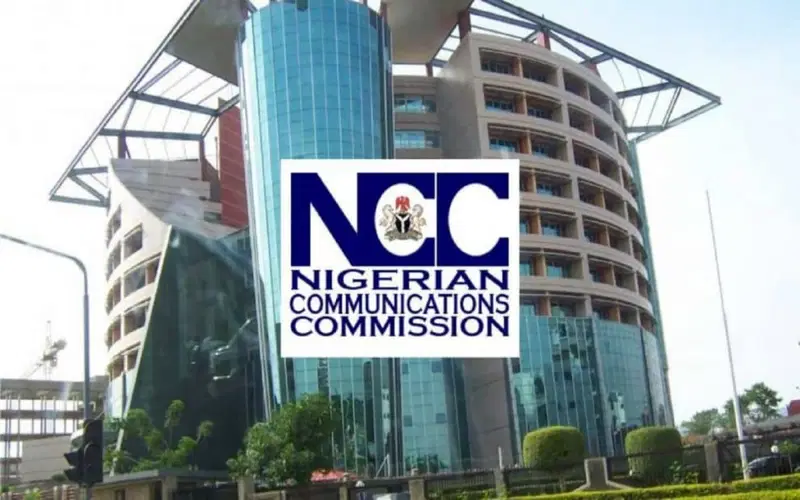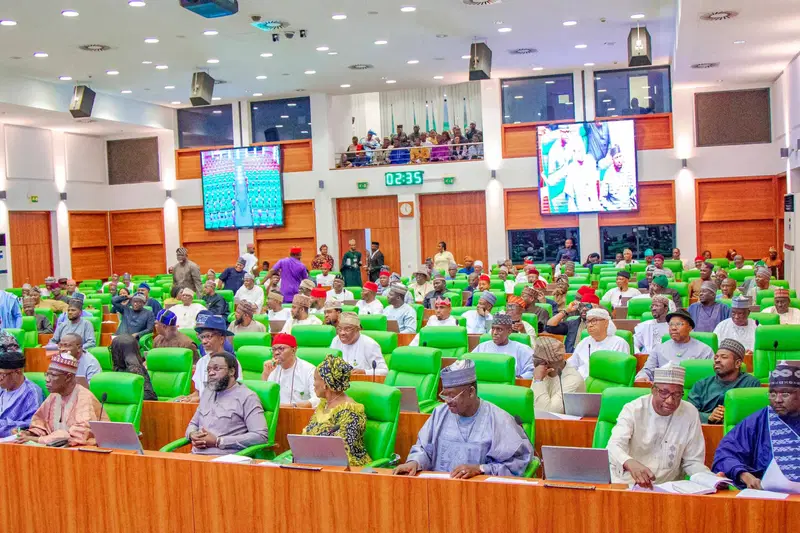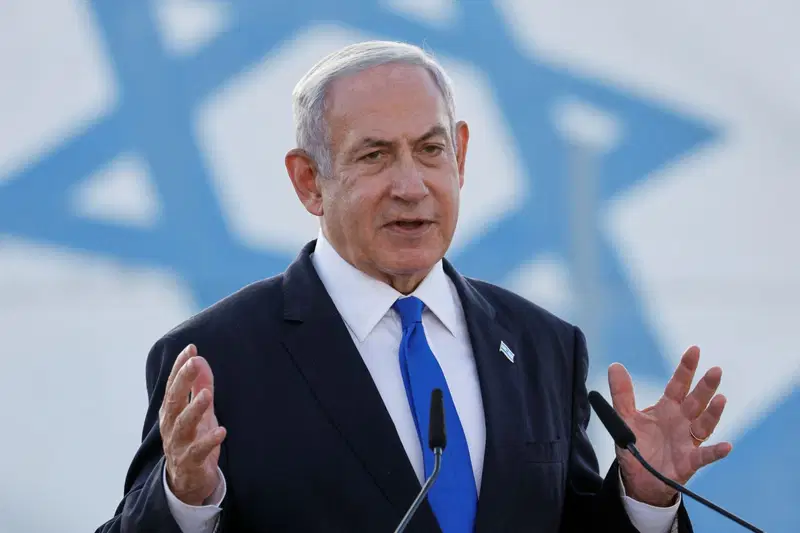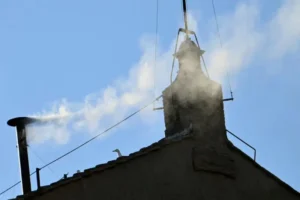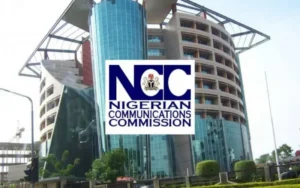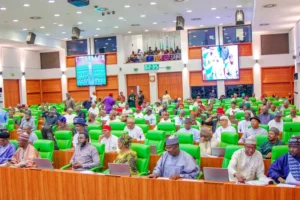The Managing Director of NIPCO has called on the Federal Government to provide support for local gas producers and marketers in a bid to lower the cost of Liquefied Petroleum Gas (LPG). This appeal comes as a response to the rising prices that have been affecting consumers and the overall market. By enhancing support for domestic production and marketing, it is hoped that the financial burden on consumers can be alleviated, ensuring more affordable access to LPG across the country.
Kumar made this known at the recently concluded National Conference of the Nigerian Association of Liquefied Petroleum Gas Marketers (NALPGAM) 2024, held in Lagos.Speaking on the activities of NIPCO in the gas sector, he noted, “At the time NIPCO entered the market, Nigeria’s domestic LPG consumption was around 50,000 metric tonnes (MT) annually. However, the past 16 to 17 years have been a remarkable journey. Today, the market has grown from 50,000 MT to approximately 1.5 million MT per year.”Despite this growth, the Managing Director pointed out that significant potential remains untapped. “We believe that less than 60 percent of Nigeria’s 200 million population has embraced the use of LPG,” he said. “This highlights the immense opportunities within the market and underscores the need for more investments in gas processing, storage, and marketing to serve this large population.”On the company’s vision, the MD stated, “Our vision is to harness these opportunities and grow the country’s LPG consumption from 1.5 million MT to levels more appropriate for a population of over 200 million people.” He emphasized the need for collaboration with the Nigerian Midstream and Downstream Petroleum Regulatory Authority (NMDPRA) and other stakeholders to end gas flaring in the country. “Substantial investments are needed to capture and process flared gas to increase domestic supply beyond the current 1.5 million MT to at least 5 million MT annually.” The MD further revealed that local production of LPG remains inadequate.
This is why the government must encourage companies like Chevron to convert more of their propane output into butane, which is more suitable for domestic use,” he explained.According to him, boosting local production would attract further investments in pipelines, storage, and bottling facilities, as well as expand retail outlets and LPG depots across Nigeria.“Our latest assessments show that the existing downstream infrastructure is capable of handling up to 5 million MT annually. This means we are ready to accommodate increased production from both associated and non-associated gas fields within the country,” the MD said.He urged the government to introduce incentives to encourage investments in gas processing.“The key to unlocking the full potential of Nigeria’s gas resources lies in incentivizing investors to venture into gas processing,” Kumar said.Responding to questions about the pricing of LPG amid a blend of local and imported supply, the Managing Director of NIPCO Plc expressed optimism that prices would decline as domestic production improves.“With the Dangote Refinery and other refineries now sourcing crude oil in local currency, the volume of LPG produced locally is expected to increase, which will, in turn, drive down the price of the commodity,” the MD explained.He added, “There is hope that the reliance on imported LPG will decrease, which will positively influence the prices at which the product is sold domestically. Greater local production will be crucial in this regard.”

The Managing Director of NIPCO has acknowledged that the demand for LPG in Nigeria has faced stagnation primarily due to the high costs associated with the product. He stated, “The current high prices have limited consumption growth, but this situation is only temporary. With more players entering the gas processing sector, we anticipate a market correction soon.”Looking ahead, the NIPCO MD expressed confidence in the long-term stabilization of the market, asserting, “We believe that with increased competition and expanded production, the market will find a balance.” He emphasized the importance of government support for local refineries, particularly the Dangote Refinery, to enhance domestic gas production.“It is crucial for the government to back these refineries in their efforts to significantly increase LPG output. This will drive down retail prices and make the product more accessible to Nigerians,” he noted. Suresh also highlighted the potential for growth in the LPG market under the administration of President Bola Ahmed Tinubu, particularly with current fiscal measures aimed at reducing final product costs. He pointed out that the prospects for affordable LPG are promising if the initiatives are successfully implemented, especially if the availability and cost of basic raw materials for cylinder production, like steel, are addressed directly.


